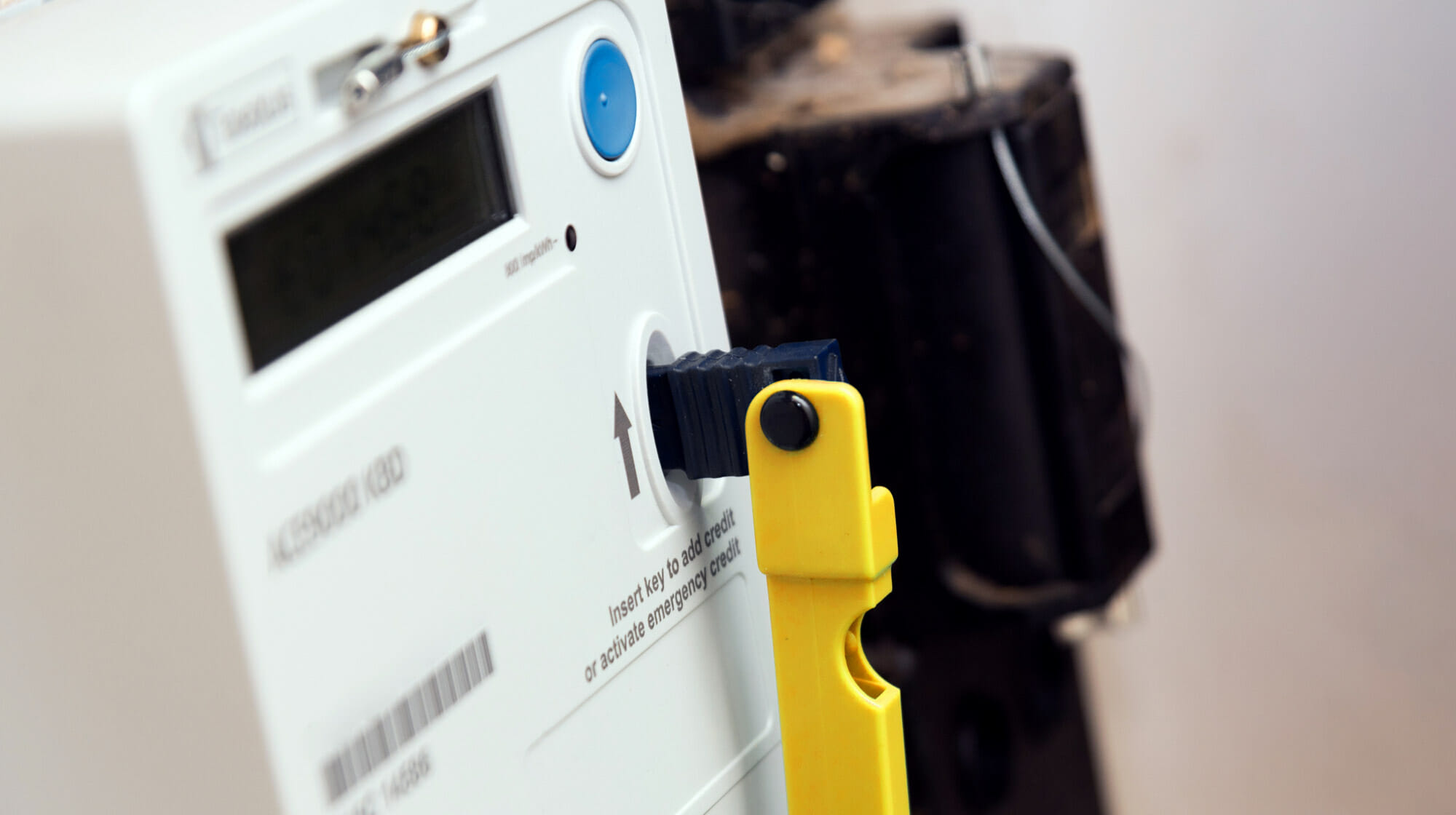Fuel Bank Foundation has issued a rallying call to energy companies in the UK to do more to support the four million people struggling to pay for gas and electricity during the winter.
The charity has warned that more families across the country face a fuel crisis unless more is done to make it easier for customers to top up their prepayment meters and for better advice and guidance to be provided to those at risk of self-disconnection.
Fuel Bank Foundation has published a list of measures that it would like to see implemented by energy companies. The measures cover three main areas – ‘topping up’, ‘avoiding the crisis before it happens’ and ‘help and support’.
Among the key recommendations are:
- Make sure customers can continue to top up prepayment meters on the high street or at a local shop or post office, as well as online.
- Allow customers to top up their meter with any value through removing minimum top up thresholds
- Guarantee that when outstanding charges are being collected by suppliers, a maximum of 50 per cent of a top up is used to clear missed payments, allowing at least half to be used for future energy consumption.
- Review daily or weekly missed payment charges to ensure they remain affordable and provide flexible repayment plans.
- Introduce a prepayment meter suitability assessment for new customers to ensure it is a practicable means of paying for energy. This should be reviewed on a regular basis.
- Make it easier for prepayment customers to access help and advice when they need it, including providing 24/7 support and offering alternative means of accessing help, such as via text, WhatsApp or email.





